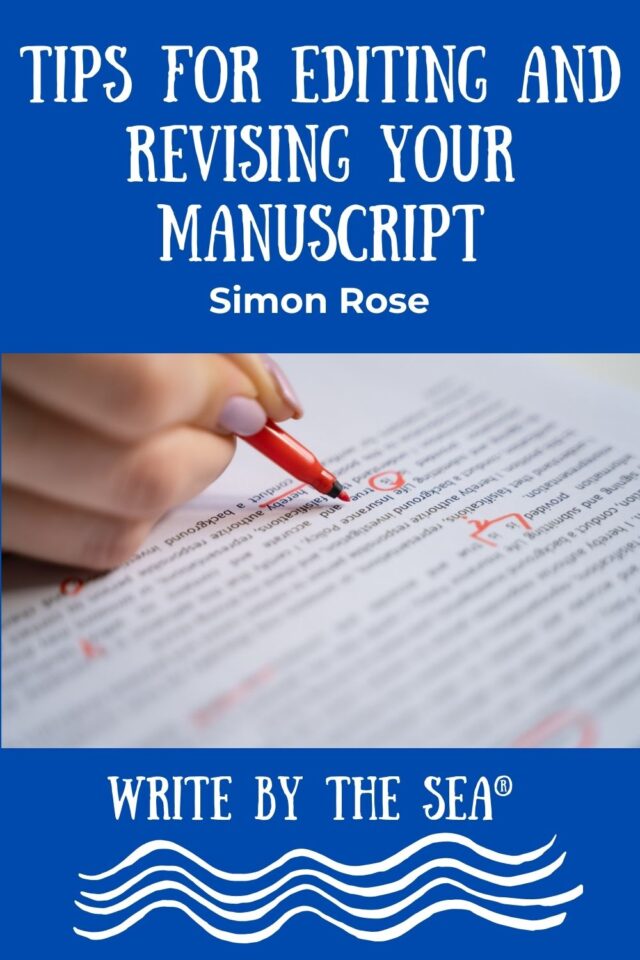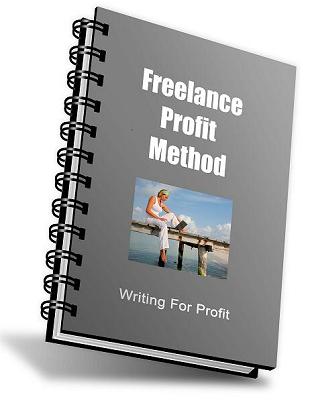
It’s virtually impossible to overemphasize the importance of editing and revising to authors, whether they’re published or not.
The proliferation of personal home pages and blogs online in recent years has resulted in countless creative outlets for the aspiring writer, but these pages all too often can be filled with sloppy writing.
Good editing and a thorough revision process are generally what separate those writers who have the ability to earn money from their craft from those who don’t.
I always stress this to both students and adult writers during my school visits, author-in-residence programs, and writing workshops.
Even if you only check your story once, it never gets any worse and nearly always improves.
Checking Your Progress
Once I start writing the book, I usually edit at least a little as I go.
Sometimes this involves checking over just one chapter, sometimes two or three, once these are done.
This is if I want to assess how it’s all going, assess whether everything flows properly or if a section doesn’t feel right in some way, before I move on to the next part.
I’m able to do this because I know what will happen next in the plot.
To a certain extent, I’m merely expanding on the outline I created, filling in details, adding description, dialogue, action and so on.
Does the outline change as I progress?
Absolutely, although usually not too dramatically.
There will invariably be parts of the story that may not work as well as you thought they would, new ideas that emerge as you write or you may simply have a new take on a situation you’ve already created.
Yet the outlines always serve as a valuable guide and ensure that the general flow of the story is well mapped out.
You may, of course, still change your mind about certain aspects of the story as you write it, but hopefully you can avoid the situation where you’ve produced ten chapters, then decide to scrap everything you’ve composed, because you’ve had a great new idea.
This new inspiration, however, might actually be part of another book altogether and be ill suited to your current project.
Pre-planning may not be for everyone, but it will often help you maintain your focus, enabling you to get your book to the finish line.

Learn more about The Children’s Writer’s Guide and all Simon’s other books on his website at https://simon-rose.com/.
Simon also offers a variety of coaching services for writers and his Writing for Children and Young Adults online course.





